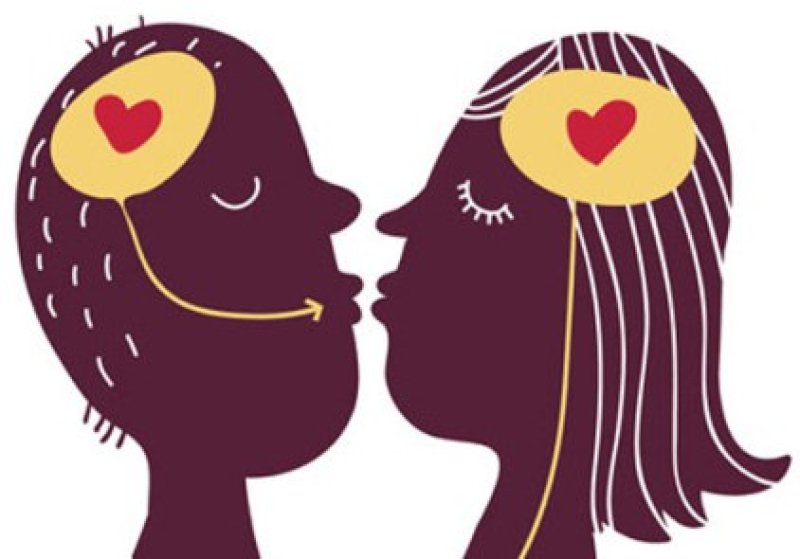I’m writing a new textbook on introductory statistics, and I decided to include an example based on Paul Zak‘s intriguing work on the role of the hormone oxytocin in trust between strangers. In particular, I started looking at his 2005 paper in Nature. Yes, Nature, one of the top science journals. A journal with an impact factor of about 38, and a rejection rate probably fairly close to 100%. It’s a journal you’d expect published pretty decent stuff and subjects articles to fairly rigorous scrutiny.
Before I begin, I have no axe to grind here with anyone. I just want to comment on some stuff I found and leave everyone else to do what they like with that information. I have no doubt Dr. Zak has done a lot of other work on which he bases his theory, I’m not trying to undermine that work, I’m more wanting to make a point about the state of the top journals in science. All my code here is for R.
The data I was looking at relates to an experiment in which participants were asked to invest money in a trustee (a stranger). If they invested, then the total funds for the investor and trustee increased. If the trustee shares the proceeds then both players end up better off, but if the trustee does not repay the investors’ trust by splitting the fund then the trustee ends up better off and the investor worse off. The question is, will investors trust the trustees to split the funds? If they do then they will invest, if not they won’t. Critically, one group of investors were exposed to exogenous oxytocin (N = 29), whereas a placebo group were not (N = 29). The oxytocin group invested significantly more than the placebo control group suggesting that oxytocin had causally influenced their levels of trust in the trustee. This is the sort of finding that the media loves.
Read full original article: Perhaps my oxytocin was low when I read this paper.































